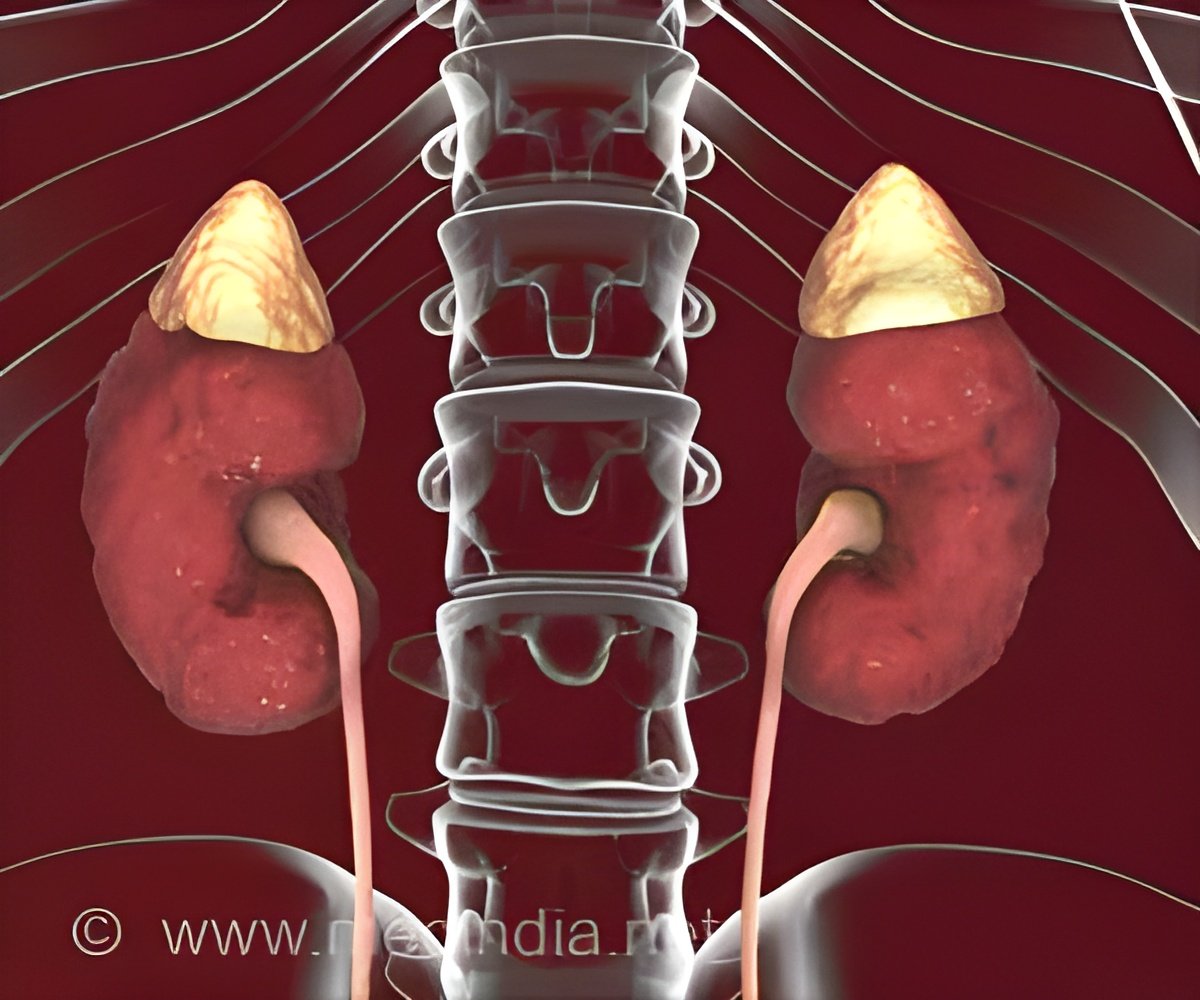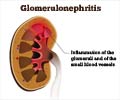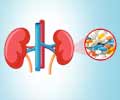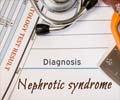A four-year-old boy in Kurnool was diagnosed with Lipoprotein Glomerulopathy, a rare kidney disease, marking the first case in South India. Early detection was vital.

Lipoprotein glomerulopathy
Go to source). Lipoprotein Glomerulopathy is a disease where cholesterol and triglycerides are accumulated in the kidneys and cause protein leakage and possibly kidney failure.
‘Only 200 documented cases of Lipoprotein Glomerulopathy exist worldwide, primarily in adults. #rareconditions #medindia
’





This case was diagnosed at KIMS Hospital, Kurnool, under the consultation of Nephrologist Dr. K. Anantha Rao. Discovery of a Rare Kidney Disorder
The boy is from Kurnool and got admitted to the hospital with the complaints of the legs and face swollen for the last two months at least. In the first diagnostic tests conducted, a renal biopsy was suggestive of nephrotic syndrome, the loss of proteins in urine. Steroids had been administered to the patient, but there was little response, so a more comprehensive examination was done by Dr. Rao.After evaluation, Dr. Rao confirmed that the child had steroid-resistant nephrotic syndrome and presented with cholesterol of 250 mg/dL and triglyceride of 950 mg/dL. These findings then begot the next steps of a kidney biopsy and electron microscopy that confirmed Lipoprotein Glomerulopathy, a disease that is mentioned in the medical index as existing in 200 documented cases worldwide, of which more than 50% are seen in China and Japan only.
Early Detection Saves Young Boy from Rare Kidney Disorder
Subsequent DNA analysis identified a mutation in the APOE gene yet again that was peculiar to India. LPG is typically diagnosed in adulthood, indicating difficulty in identifying this condition in a 4-year-old child. Dr. Rao said that early diagnosis and prompt management were important so that the child would be prevented from developing end-stage renal diseases.When the diagnosis was made, he was started on medications aimed at the lipid abnormalities, and steroid therapy stopped. Over time, his cholesterol/triglyceride ratios went back to normal, and the proteinuria stopped. Early diagnosis and management of the boy were significant for the boy’s recovery.
Advertisement
Reference:
- Lipoprotein glomerulopathy - (https://pubmed.ncbi.nlm.nih.gov/21464714/)
Advertisement















